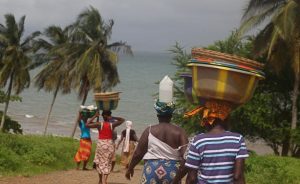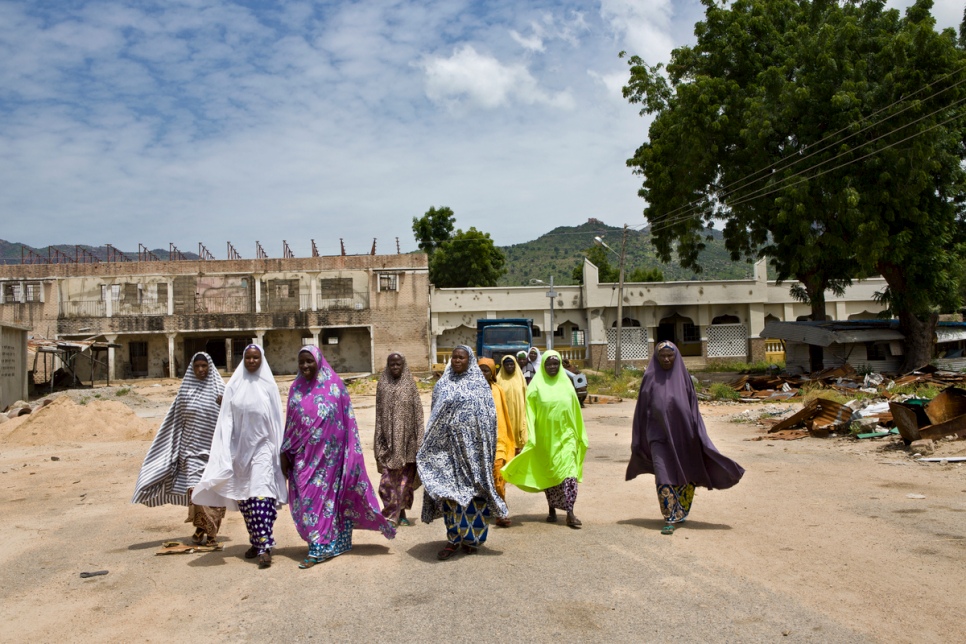Neglected Tropical Diseases (NTDs) disproportionately affect women and girls. Female genital schistosomiasis (FGS) alone causes severe pain, bleeding, and lesions in more than 16 million women and girls in Sub-Saharan Africa.

Beyond causing widespread physical suffering, NTDs have a severe long-term socioeconomic impact on millions of women and girls. Women who have been scarred or disfigured from diseases such as FGS and lymphatic filariasis are often stigmatised to the point that they are unable to marry or are abandoned by their spouses.
And even though disfigurement and social stigma are not lethal conditions, they can cause or exacerbate psychological disorders and limit the opportunities women and girls have.
Since 2000, preventive treatments against NTDs have been donated. And many people now recognise that controlling, and eventually eliminating, NTDs will be essential for achieving the Sustainable Development Goals, which apply to such diverse areas as nutrition, education, health, water, sanitation and hygiene, and economic growth.
Because the SDGs are based on the principle of “leaving no one behind,” they cannot be considered a success until they have been met everywhere, and for all people, including women and girls.
SDG Five, in particular, calls for the world to “achieve gender equality and empower all women and girls” by 2030. Gender equity applies to both sexes, but special attention is needed to improve conditions for women and girls.
In Africa, women are often disenfranchised, even though they account for more than half of the continent’s population. To ensure that they are not forgotten, we need to improve our understanding of how gendered power relationships operate, and address those social dynamics head on.
Because women and girls in their childbearing years suffer disproportionately from the health and social effects of NTDs, it is essential that they are included in any large-scale health-policy interventions that are proposed. And, beyond making women the focus of NTD programs, we should acknowledge that they will play a central role in advancing the sustainable development agenda.
We need to empower women and girls to promote and lead social-mobilization efforts in Africa. Women are front-line partners for public-health advocates who are working to make essential medicines available across the continent. Moreover, women can help to control NTD vectors at the source, by ensuring that all members of their community are complying with anti-NTD drug distribution and treatment programs.

